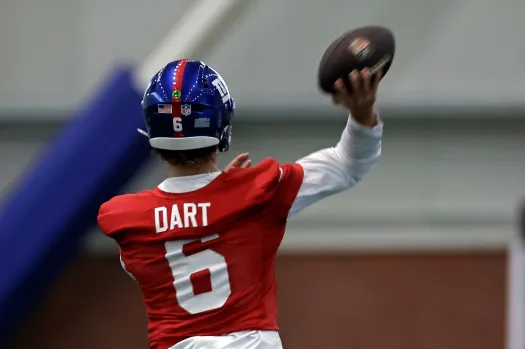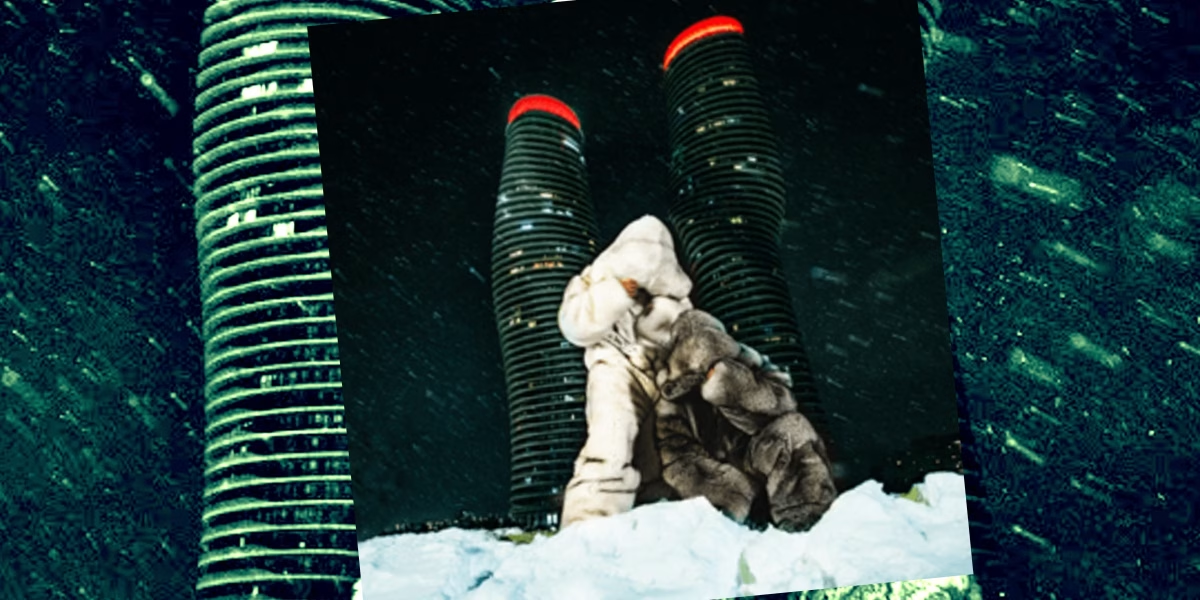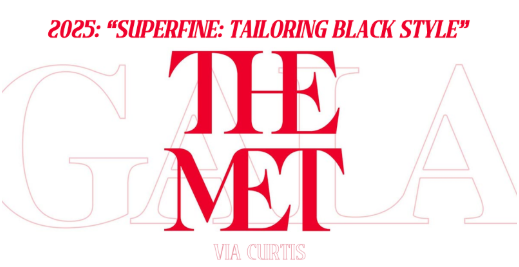Current Events: Florida, Brazil, Africa, Iran
February 20, 2018
This was a busy week.
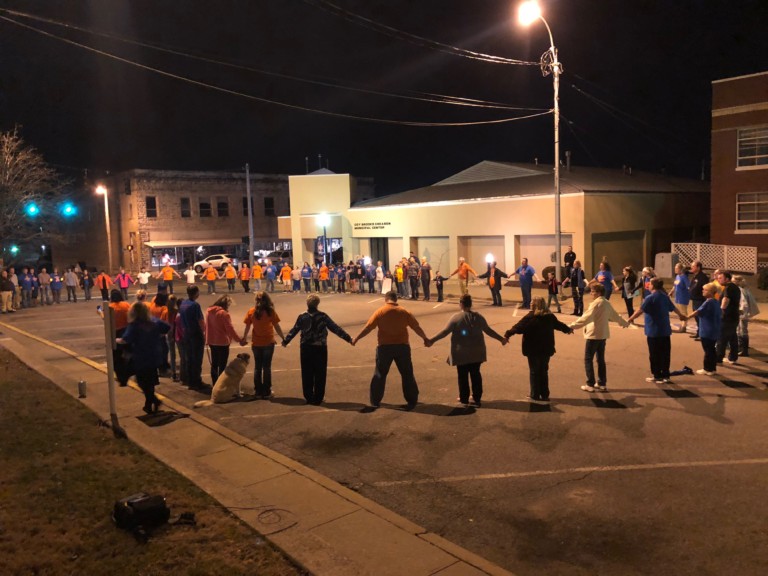
Marshall County holds vigil for Florida shooting victims.
Last Wednesday, 17 people were killed in a mass shooting at Marjory Stoneman Douglas High School in Parkland, Florida. Five shooting victims remain in area hospitals, one of them in critical condition.
The alleged shooter is Nikolas Cruz, a former student of the school expelled from it last year for disciplinary reasons: he displayed violent behaviour and brought a gun and knives into school once. A student said that others used to joke that Cruz “would be the one to shoot up the school”. 19-year-old Cruz was living with his adoptive family at the time of the shooting.
Cruz legally purchased the firearm used in the shooting, an AR-15-style weapon, in Florida nearly a year ago.
The FBI has acknowledged receiving two tips that appear to relate to Cruz ahead of the shooting. One included a call from someone close to him – that the FBI said it failed to act on. The other lead came from a YouTube blogger who reported an alarming comment on one of his videos to the authorities. Cruz has also published multiple posts on his social media with slurs against blacks and Muslims, and “declarations of a desire to shoot people”.
Public defender representing the gunman said that “Cruz is willing to plead guilty to avoid the death penalty and spare the community from reliving the massacre in a trial”. Cruz is facing 17 counts of premeditated murder.
In responding to the shooting, President Trump said his administration is working to improve security in school and “tackle the difficult issue of mental health”, but he did not mention guns or gun control.
This is the 18th school shooting of 2018, according to the Washington Post, and the deadliest school shooting since Sandy Hook.
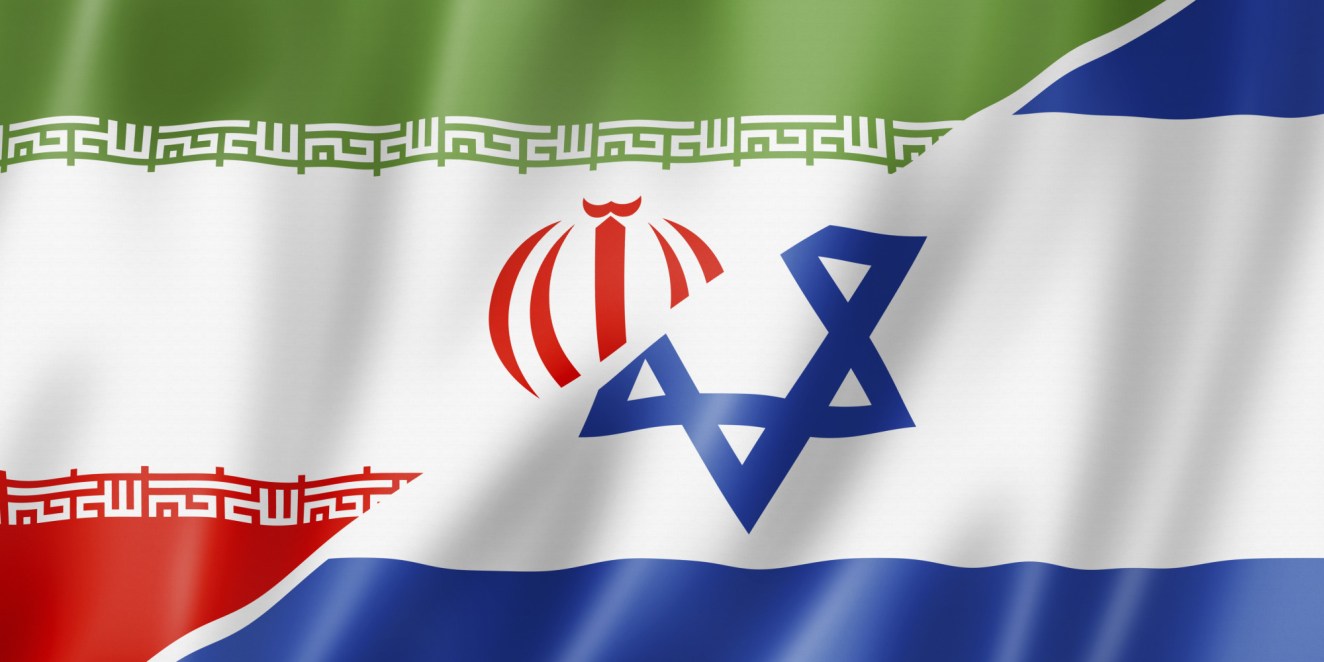
Iran and Israel flag
Tensions Heating up in Syria
In what was called the “most serious engagement in Syria since 2011” by Associated Press, Israel shot down an infiltrating Iranian drone Saturday and struck Iranian targets deep in Syria before losing one of its own jets (for the first time since 1982).
Israel called the drone infiltration a “severe and irregular violation of Israeli sovereignty” and warned Iran that there would be consequences for the perpetrators.
BACKGROUND
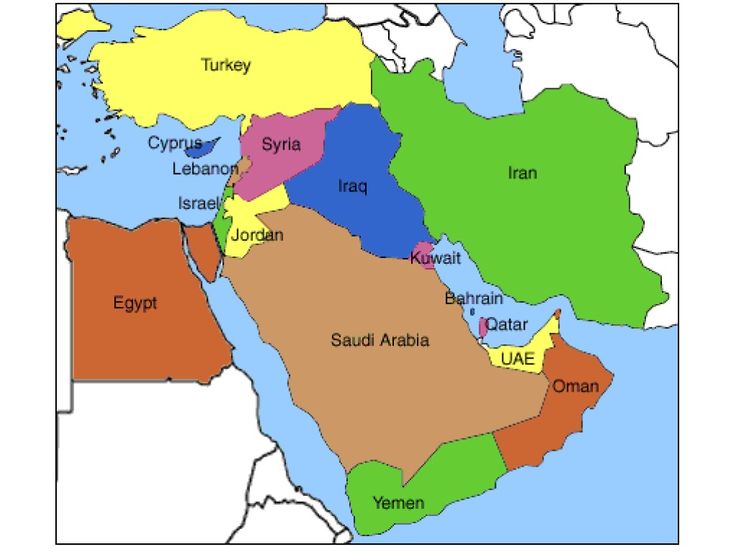 Basically, Iran and Israel do not get along. Iran supports Syria’s government in the Syrian Civil War. Israel has mostly stayed out of the civil war, but it’s really worried about Hezbollah – a militant group based in Lebanon who receives support from Iran and wants to destroy Israel. And Israel fears Iran could use Syria to stage attacks or create a pathway to Lebanon that would allow Iran to transfer weapons more easily to Hezbollah.
Basically, Iran and Israel do not get along. Iran supports Syria’s government in the Syrian Civil War. Israel has mostly stayed out of the civil war, but it’s really worried about Hezbollah – a militant group based in Lebanon who receives support from Iran and wants to destroy Israel. And Israel fears Iran could use Syria to stage attacks or create a pathway to Lebanon that would allow Iran to transfer weapons more easily to Hezbollah.
SO WHAT NOW
Now, Israel is saying that an Iranian drone entered its airspace from Syria, so Israel shot it down, and then counter-attacked by striking Iranian targets in Syria. In the process of the retaliation, Syria is believed to have shot down an Israeli jet.
So, now we’re faced with a potential worsening of the already bad situation in the Middle East, with Israel entering combat against Syria and Iran. Oh boy.
State of Emergency
Brazil is planning to declare a state of emergency by its northern border in an attempt to control the influx of refugees from neighboring Venezuela.
In recent months, 40,000 Venezuelans fled to Boa Vista, the capital of Roraima (10% of the city’s population). Many Venezuelans are living in the streets.
The declaration will provide funding to double troop numbers in the state of Roraima, set up a field hospital and create a screening center for Venezuelans. Brazilian President Michel Temer also suggested that some migrants could be moved to other states, but insisted that Brazil would not turn its back on the people “fleeing misery”.
For the past 5 years, Venezuela has been in “the worst socioeconomic and political crisis in its history”. Enormous inflation rates in the country, raging at over 4000 percent, makes it impossible for average people to buy food and other essentials.
Resignations in African Nations
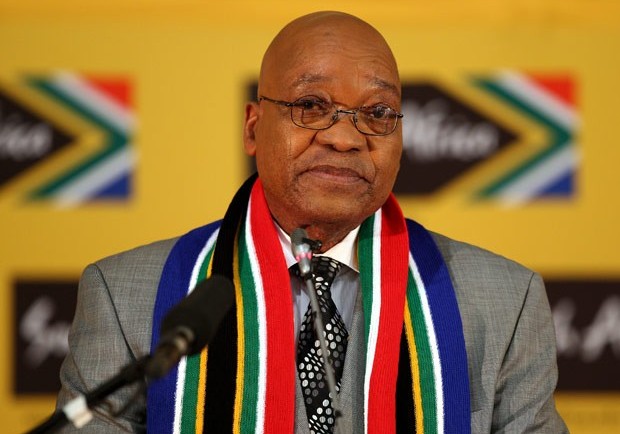
Wednesday, South Africa’s President Jacob Zuma resigned, after a rule of almost nine years – since the end of the apartheid in the 90’s. He has been accused of multiple corruption charges, like using government funds to build a swimming pool.
Now, he’s got himself in hot water. The ruling party, who has turned against Zuma, has called for him to step down and pass the post to the newly elected party leader, Cyril Ramaphosa. South African newspapers have supported Zuma’s resignation, with many articles noting that his presidency was overwhelmingly marked by failure.
And Thursday, more resignations. Ethiopia’s prime minister Hailemariam Desalegn resigned following months of anti-government protests calling for political change. E.g., the government often arrests opposition leaders claiming they are terrorists. Although the government released more than 6,500 prisoners (detained opposition figures, journalists, etc.) a few weeks ago, protests prevailed. So now the PM unexpectedly declared his resignation in hope that this will smooth the situation out. The protests have disrupted life and business in one of Africa’s fastest-growing economies. The new PM will be











